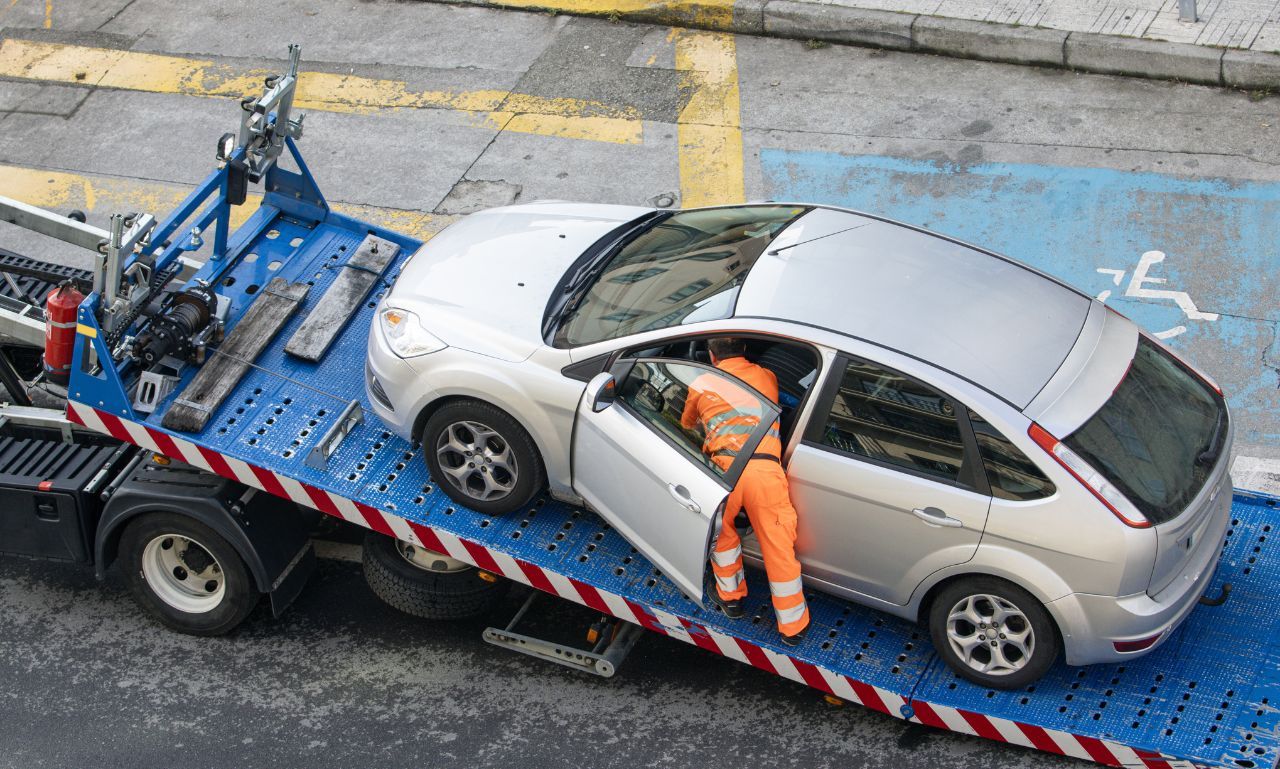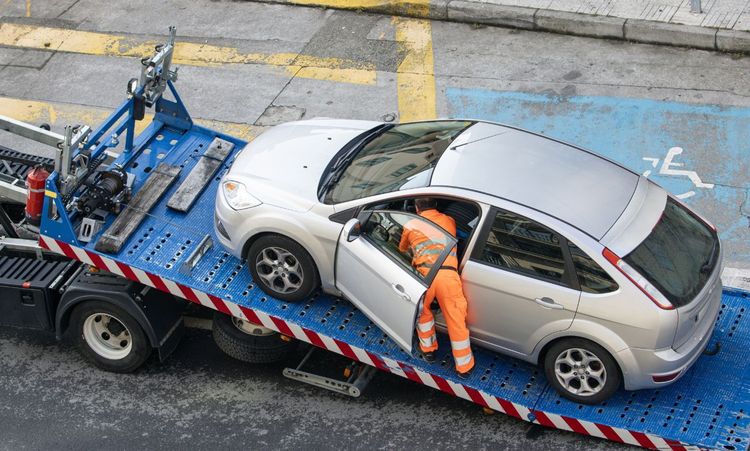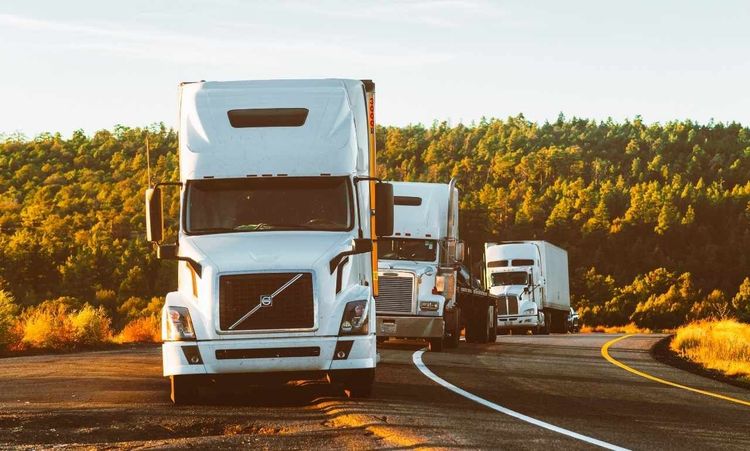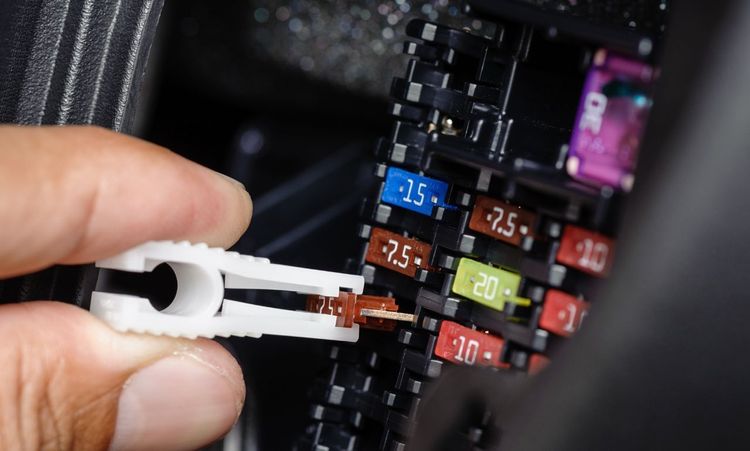Nobody wants to deal with a broken-down car, but it happens to the best of us. When your vehicle won't start or isn't safe to drive, your best bet is to tow it to a reliable mechanic. But the towing process can feel overwhelming, especially if you've never done it. Don't sweat it! Let us look at how to get your car towed to a mechanic without hassle.
How to Get Your Car Towed to a Mechanic
Choosing a Towing Company

The first step is finding a reputable towing company. Look for one that offers 24/7 service, has experience with your vehicle type, and provides upfront pricing. Check online reviews and ask friends for recommendations. A quality tow truck service will treat your car carefully and safely transport it to the mechanic.
Some key things to look for:
- Proper licensing and insurance
- Well-maintained, modern tow trucks
- Friendly, knowledgeable staff
- Reasonable rates without hidden fees
Once you've found a towing company you trust, save their number in your phone. That way, you're prepared for any roadside emergency.
Make the Towing Call and Prepare Your Vehicle
When you call for a tow, give the dispatcher your location and car description. Explain the nature of your vehicle's problem and where you'd like it towed. Have your membership information ready if you have roadside assistance through your insurance or an auto club.
To prep your vehicle for towing:
- Engage the parking brake and put the transmission in neutral or park
- Remove any loose items and valuables from the car
- Make sure the tow truck has clear access to your vehicle
If you have a spare key, give it to the tow truck driver. This allows them to unlock the steering wheel and shifter if needed.
Tips for Leaving Your Vehicle to Be Towed
Have Police Documentation
If you're leaving your car on the side of the road to be towed later, it's wise to inform the local police or highway patrol. They can document that you've arranged for towing and ensure your vehicle isn't ticketed or impounded. Ask for a copy of the police report or incident number for your records.
The benefits of police documentation include:
- Proof that you've reported the incident
- Protection from tickets or towing by the city
- A record of the vehicle's location and condition
- Helpful information for insurance claims
Police documentation provides peace of mind and can prevent misunderstandings while your car awaits a tow truck.
Call Your Insurance Company

Notify your auto insurance provider about the tow, even if you don't plan to file a claim. Many policies include towing coverage or roadside assistance. Your insurer can explain your options and may be able to recommend a towing service or mechanic.
When you call, have this information ready:
- Your policy number and vehicle details
- The reason for the tow
- Your current location
- Where the car is being towed
Keeping your insurance company informed can streamline the claims process and ensure that you're following the terms of your policy.
Remove All Valuables
Before the tow truck arrives, remove any important belongings from your car. This includes electronics, wallets, purses, and personal documents. While most tow truck operators are honest professionals, it's best not to leave tempting items in an unattended vehicle.
Consider removing:
- Phones, tablets, and laptops
- Cash, credit cards, and chequebooks
- Jewellery and luxury accessories
- Sensitive paperwork (ID cards, bank statements, etc.)
By removing valuables, you eliminate the risk of theft and have essential items with you in case you need to call for a ride or make other arrangements.
Have a Record to Refer to if Your Car Is Vandalized
Taking photos of your vehicle before you leave it documents its condition. If you return to find new dents, broken glass, or graffiti, you'll have proof that it occurred after you left the car.
Snap pictures of:
- All four sides of the exterior
- The interior front and back seats
- The odometer reading
- Any existing damage
Ideally, capture a wide shot of your vehicle in context to show precisely where and how you left it. Photos provide indisputable evidence for police reports and insurance claims.
6 Reasons Why You Should Always Have Your Car Towed

Avoid expensive repairs and/or a replacement.
Attempting to drive a malfunctioning vehicle, even a short distance, can worsen the problem and lead to costlier repairs. Sometimes, you may cause so much additional damage that your car is lost. Towing protects your vehicle and your wallet.
Quickly get out of the road
When your car breaks down on a busy street or highway, you prioritise getting yourself and your passengers to safety. Calling a tow truck immediately gets your vehicle off the road, shielding you from traffic hazards.
Your car could be damaged further if you try to drive it
Many car problems aren't apparent at first. What seems like a minor issue could be a sign of significant trouble, such as an engine or transmission failure. Continuing to operate your vehicle may destroy expensive components like the catalytic converter or lead to dangerous situations like brake loss.
You could cause an accident if you try to drive your car
Stalling or losing control of your vehicle puts other motorists at risk. You could drift into oncoming traffic, roll backwards down a hill, or cause a rear-end collision. When you're stuck on the road, a tow is the safest option for everyone.
You might not be able to get your car to the shop or mechanic
You may find stranded in an unfamiliar or remote area without a tow. If your car won't start or move under its power, a tow truck is your best chance of transporting it to a mechanic who can diagnose and fix the issues.
Your car could cause damage to other cars or property
An out-of-control vehicle can jump the curb, crash into buildings, or collide with parked cars. Towing your disabled vehicle prevents it from accidentally rolling or veering into its surroundings. It's the responsible choice to protect public and private property.
Conclusion
When your car breaks down, don't panic. You can get your vehicle to the mechanic without a hitch with a trustworthy towing service and a few proactive steps. Remember to choose a reputable company, notify the authorities and your insurance provider, and secure your belongings. By having your car towed promptly, you'll avoid further damage, stay safe on the road, and get your vehicle on the path to repair. The next time you're stuck on the shoulder, you'll know exactly what to do!
Also Read: Which Rental Car Companies Allow You to Use a Debit Card?




